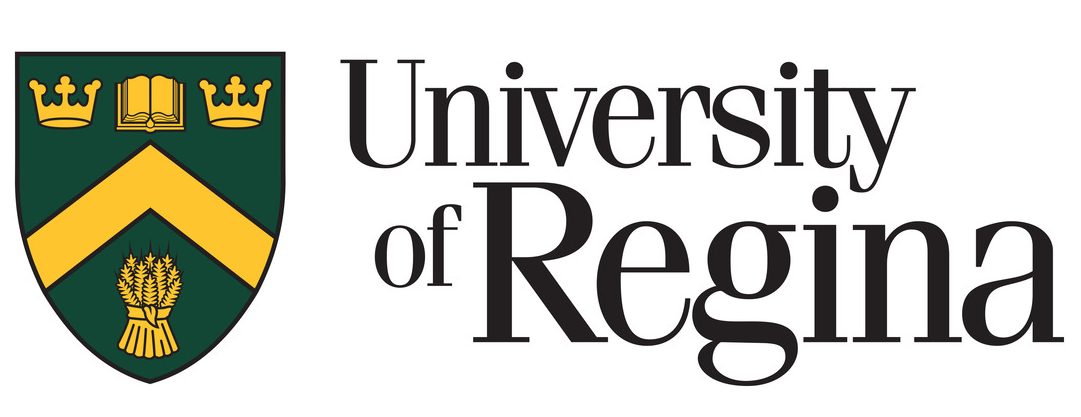Here are some frequently asked questions for instructors regarding Academic Misconduct.
What is Academic Misconduct at the University of Regina?
According to the Student Code of Conduct and Right to Appeal: Academic Integrity, academic misconduct includes “acts which contravene the general principles of Academic Integrity.” The document lists the most common instances of academic misconduct; however, it is not intended to be exhaustive. See Student Code of Conduct and Right to Appeal.
What if I suspect a student has committed Academic Misconduct?
You must first decide if there is a sufficient basis to support a reasonable belief that misconduct may have occurred. Do you have evidence? If you are unsure or in doubt, please see Student Code of Conduct and Right to Appeal and/or contact the relevant Dean, or designate (the “Investigating Dean”).
Upon receiving notification, the Investigating Dean will investigate the alleged academic misconduct. The process will include offering an opportunity for the student to explain the incident and conducting any further investigation deemed necessary to ensure procedural fairness.
Who is a designated decision maker in a Disciplinary Decision and Assignment of Penalty?
The Investigating Dean will make the disciplinary decision on the academic misconduct. Where a student at the undergraduate level commits academic misconduct in two or more courses in the same term or there is a record of previous misconduct, the Dean or designate of the student’s Faculty, Federated College or academic unit may assign a penalty additional to these assigned by the Investigating Dean.
At the graduate level, the disciplinary decision is made by the Investigating Dean of the Faculty of Graduate Studies and Research.
How does a student get notified of a disciplinary decision?
The Investigating Dean will advise the student of the disciplinary decision(s) in writing via the student’s U of R e-mail address. A copy of the disciplinary decision(s) will be provided to the University Secretary, the student’s faculty and the Registrar’s Office.
What is the minimum penalty that can be assigned for a finding of Academic Misconduct?
The penalties that can be assigned for an act of academic misconduct by an Investigating Dean are listed in the Student Code of Conduct and Right to Appeal.
Can I give a zero (0) for the work and not charge a student with Academic Misconduct?
If you have determined that a student has engaged in academic misconduct (vs. poor scholarship) it is not appropriate to give them a “zero” (0) for the work and not charge them with academic misconduct. Since there would not be an official record of the student’s academic misconduct without a formal investigation by the Investigating Dean, without a formal investigation, repeat offenders would escape progressive discipline, which is a core principle of the University’s academic misconduct policy.
Furthermore, the student is free to appeal the grade of “zero” (0) and can tell the appeals committee that they were never charged with academic misconduct.
What is the maximum penalty that can be assigned for a finding of Academic Misconduct?
The penalties that can be assigned for an act of academic misconduct by an Investigating Dean are listed in the Student Code of Conduct and Right to Appeal.
The three final steps listed in order of increasing severity are suspension or expulsion from a program; suspension or expulsion from the University; withholding or rescission of a credential.
Can I have the student redo the assignment?
Not if you suspect academic misconduct in the assignment. In this case, you must refer the case to the Investigating Dean. If the Investigating Dean finds no evidence of academic misconduct, the instructor may allow the student to redo the assignment if this is in alignment with the course syllabus.
What happens if the student does not agree with a finding of Academic Misconduct and appeals the charge?
Students may appeal the imposition or severity of a penalty for misconduct (academic or non-academic) to the Council Discipline Committee. Requests for a hearing must be submitted, in writing and within 30 days of the date of imposition of the penalty to:
The University Secretary
University of Regina
Administration/Humanities Building, Room 509.1
Regina, SK S4S 0A2
Tel: 306-585-4956; Fax: 306-585-5255
E-mail: student.appeals@uregina.ca
I found my teaching materials online. What do I do?
If you discover that your course material which is your intellectual property has been posted on a website without your consent (e.g., websites that market themselves as study sites, such as Course Hero and Chegg), you can ask the website to remove your material from the website. Some of these sites usually cooperate to avoid law suits.
How can I prevent Academic Misconduct?
For tips and tools on how to prevent academic misconduct, see the prevention section of the Academic Integrity website.
For tips and tools on how to prevent visual plagiarism, see the PDF file Best Practices: Preventing Visual Plagiarism document.
How can I promote Academic Integrity?
As faculty members and instructors, you are in a strong position to role model qualities and behaviours inherent to academic integrity. Your actions provide a clear message to students, about our standards and expectations. Faculty members are in a unique position to influence students from the first class. For practical ideas and best practices, please see the Faculty section on the Academic Integrity website.
Where can I learn more about generative AI?
The University of Regina approaches Generative AI technologies carefully as it strives to provide high quality and accessible education. We are committed to fostering informed discussions about the responsible use of AI, developing policies that uphold the principle of academic integrity, and identifying constructive applications of AI that will enrich the student experience. This is uncharted territory, but the University of Regina community is committed to facing it with curiosity, care, and humanity. Visit the Centre for Teaching and Learning for faculty and instructor guidelines and FAQs
